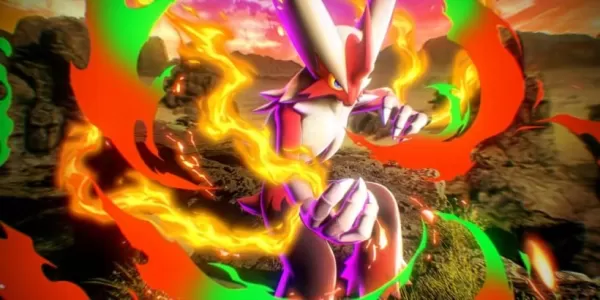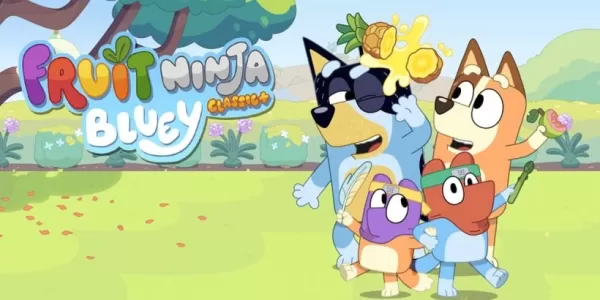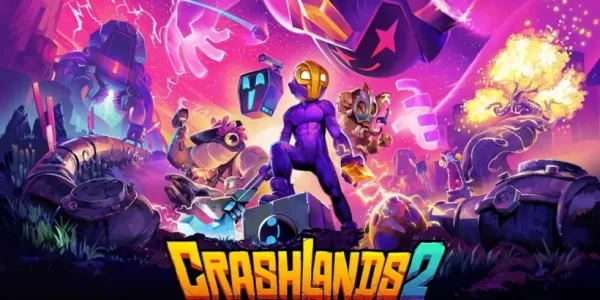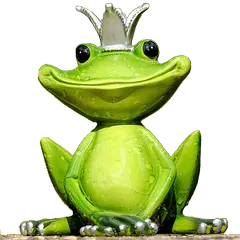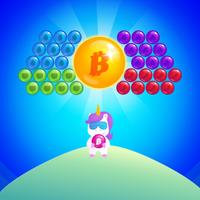Nintendo is reportedly seeking a subpoena from a California court that could compel Discord to disclose the personal information of an individual suspected of involvement in last year’s major Pokémon data leak, widely known as the "FreakLeak" or "TeraLeak." According to court documents obtained and shared by Polygon, Nintendo aims to obtain the name, address, phone number, and email address of a Discord user identified as "GameFreakOUT."
This user allegedly posted copyrighted materials—including artwork, character designs, source code, and internal documentation—on a Discord server named "FreakLeak" in October of last year. These files were quickly disseminated across the internet, revealing sensitive details about unreleased Pokémon titles and internal development content.
While not officially confirmed, it's believed these materials originated from a data breach disclosed by Game Freak in October 2023, following an incident that initially occurred in August. The breach reportedly exposed personal information for over 2,606 current, former, and contract employees. Interestingly, leaked files began surfacing online on October 12, with Game Freak issuing a statement the next day that was backdated to October 10, which only referenced employee data without mentioning any other confidential material.
The leaked files contained a wealth of previously unreleased content, including early builds, cut content, and behind-the-scenes insights into several Pokémon games. Among the most notable revelations was *Pokémon Champions*, a battle-centric title later officially announced in February. Additionally, accurate details about *Pokémon Legends: Z-A* were exposed, along with unverified intel on the next generation of Pokémon species. Also included were DS-era game source codes, internal meeting summaries, and deleted lore from *Pokémon Legends: Arceus* and other titles.
Although Nintendo has not yet filed a lawsuit against the alleged leaker, the request for a subpoena indicates that the company is actively working to identify the responsible party. Given Nintendo’s well-documented history of aggressively pursuing legal action against intellectual property violations, if the court grants the subpoena, formal legal proceedings may be on the horizon.

